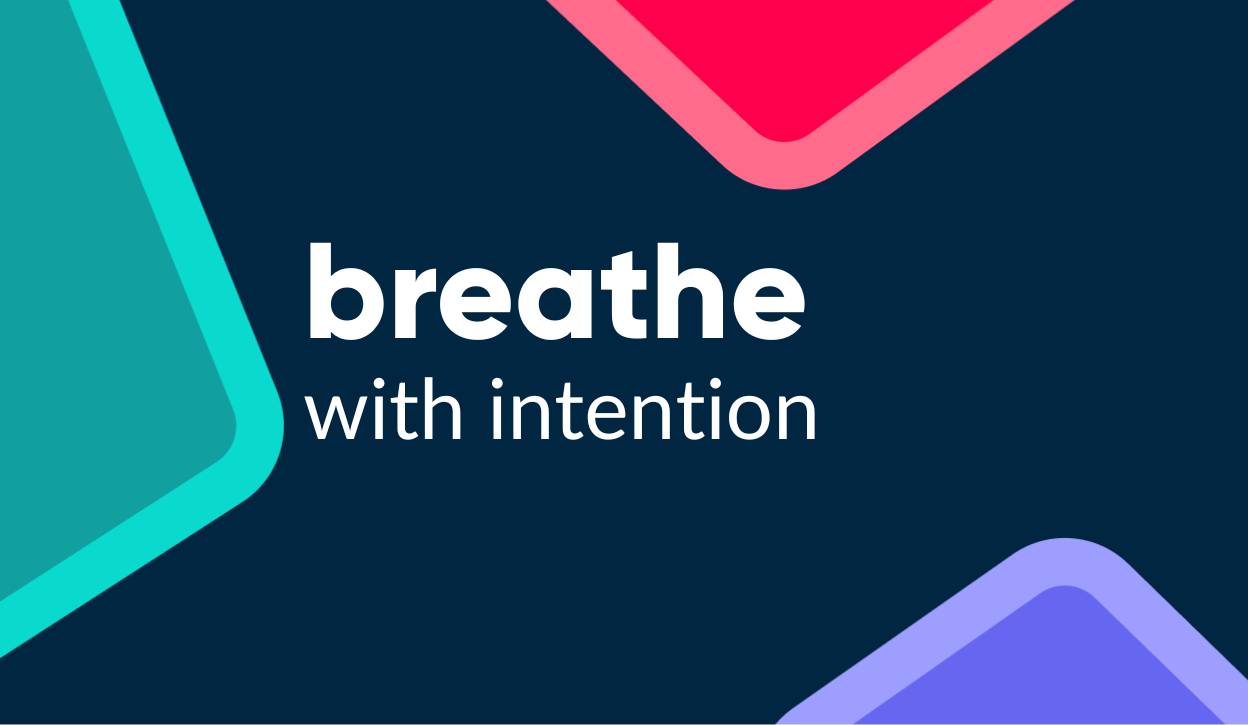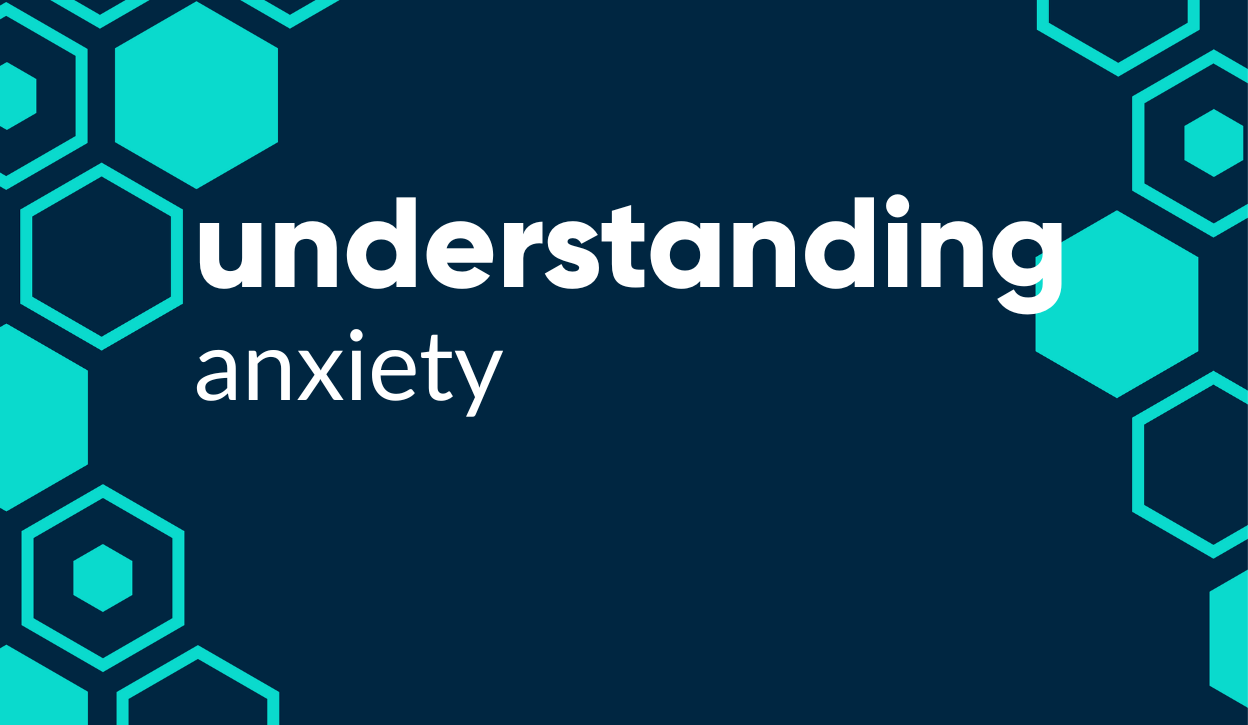
Do you find yourself constantly needing reassurance from your partner that they are still interested in you? Or maybe you find yourself getting jealous over the smallest things?
Human beings are inherently social creatures, wired to seek and form emotional bonds with others. These connections provide us with support, validation, and a sense of belonging. However, when these connections become excessive and begin to overshadow our individuality and emotional well-being, we enter the realm of emotional dependency. In this article, we will explore the concept of emotional dependency, its characteristics, potential consequences, and how to cultivate healthier relationships.
What is Emotional Dependency?
Emotional dependency can be described as an excessive reliance on others for emotional fulfillment and a sense of self-worth. It arises when an individual places their happiness, validation, and overall emotional well-being solely in the hands of another person. This dependency often stems from a fear of abandonment, low self-esteem, or unresolved emotional trauma.
Use Galvan to Understand Your Emotions
Managing your emotions can be difficult, especially when you don’t even understand what you’re feeling. Learning to track and find patterns in your thoughts and emotions can help you improve your own health and can help you strengthen your relationships with others. Galvan is a revolutionary and easy-to-use app that can help you track the nuances of your voice to determine your mental health and daily mood, manage your health goals, measure calorie intake, and more. Not only that, but Galvan gives real rewards for good behavior! Download our newly launched, free app here.

Signs You May Struggle With Emotional Dependency
Let’s take a closer look into some common signs that show up for people who may be struggling with emotional dependency.
Fear of Abandonment
Emotional dependency is closely linked to an intense fear of being alone or abandoned. This fear drives individuals to cling to their chosen emotional anchor, often sacrificing their own needs and desires in the process. You should take our quiz if you’re curious whether or not you have abandonment issues!
Loss of Personal Identity
Emotional dependency can lead to a loss of personal identity as individuals prioritize the needs and desires of their chosen emotional support system over their own. Their sense of self becomes entwined with the relationship, making it challenging to distinguish their own emotions and desires from those of their partner or friend.
Anxiety and Jealousy
Emotional dependency is often accompanied by anxiety and jealousy. The fear of losing the emotional support of their chosen individual can manifest in irrational thoughts and actions, leading to increased feelings of insecurity and possessiveness. This could look like someone freaking out over their partner meeting up with some friends without them and being jealous that their partner is spending time with other people instead of them.
Constant Need for Approval and Validation
Individuals who are emotionally dependent seek constant reassurance and validation from others. They rely on external sources to feel worthy and validated, often seeking approval for even minor decisions or actions. They often expect others to compliment them, and if they don’t, it can often lead to arguments and contention.
Difficulty Making Decisions
Those who are emotionally dependent often struggle to make decisions independently. They may second-guess themselves, constantly seek others' opinions, or defer decision-making to someone they perceive as more capable.
Feeling Incomplete Without a Relationship
Do you know of someone who seems to constantly be in relationships? It’s not always the case, but they may struggle with being emotionally independent. Emotional dependency is characterized by a belief that one cannot be whole or complete without being in a relationship. The individual may consistently seek out romantic partners or close friendships to fill an internal void.
Anxious Attachment
Emotional dependency often leads to an anxious attachment style in relationships. Individuals may exhibit clinginess, constant worry about their partner's intentions, and an intense fear of rejection or abandonment. This can often lead to what seems like pointless arguments and frustrations in the relationship.
Neglecting Self-Care
Individuals who are emotionally dependent often prioritize the needs of others at the expense of their own well-being. They may neglect self-care activities, ignore their own emotional needs, and become overly focused on meeting the demands of their chosen emotional support system.

How Does Emotional Dependency Affect a Person?
While emotional connections are essential for our well-being, emotional dependency can have detrimental effects on both individuals involved. Some potential consequences of emotional dependency include:
Diminished Self-Esteem
Emotional dependency often leads to a decrease in self-esteem and self-worth. Relying on others for validation and constantly seeking their approval can make individuals feel inadequate or unworthy of love and attention. Over time, this can erode their sense of self and lead to feelings of self-doubt and insecurity.
Emotional Exhaustion
Being emotionally dependent can be emotionally draining. Constantly relying on others for support, validation, and happiness places a heavy burden on the chosen source of dependency. As a result, the dependent individual may find themselves repeatedly disappointed and emotionally exhausted when their needs are not met, leading to a cycle of emotional highs and lows.
Limited Personal Growth
Emotional dependency can hinder personal growth and development. The excessive focus on the needs and desires of the chosen emotional anchor often leaves little room for individual pursuits, interests, and goals. The dependent individual may lose touch with their own identity, aspirations, and personal growth opportunities, as their energy and attention are solely directed towards maintaining the relationship.
Strained Relationships
Emotional dependency can put strain on relationships, leading to conflicts and challenges. The constant need for attention, validation, and support can become overwhelming for the chosen source of dependency. This can lead to frustration, resentment, and a sense of suffocation within the relationship. Over time, the strain may cause the relationship to deteriorate or become unhealthy.
Codependency
Emotional dependency can contribute to the development of codependent relationships. In a codependent dynamic, both individuals rely excessively on each other for emotional stability, often enabling each other's unhealthy patterns and behaviors. This can result in a lack of boundaries, an imbalance of power, and difficulties in forming healthy connections with others.
Loss of Autonomy
Emotional dependency often results in a loss of personal autonomy and decision-making power. The dependent individual may struggle to make choices independently, constantly seeking validation and approval from others. This can lead to a loss of confidence and a reliance on external validation for even the smallest decisions.
Emotional Instability
Individuals who are emotionally dependent may experience heightened emotional volatility. Their emotions may fluctuate depending on the responses and actions of their chosen emotional anchor. They may become overly sensitive to rejection or criticism and experience intense feelings of anxiety, sadness, or anger when their expectations are not met.

How to Overcome Emotional Dependency
Recognizing and addressing emotional dependency is crucial for fostering healthier and more fulfilling relationships. Here are a few strategies that can help:
Develop Self-Awareness
Take time to reflect on your emotional needs, triggers, and patterns of dependency. Understand your fears and insecurities, and work towards building self-esteem and a strong sense of self-worth.
Cultivate Independence
Engage in activities that promote self-growth and independence. Pursue hobbies, interests, and friendships that allow you to develop your own identity and foster a sense of fulfillment outside of your relationships.
Seek Support
Consider seeking professional help, such as therapy or counseling, to explore and address the underlying causes of emotional dependency. A therapist can provide guidance and support as you work towards establishing healthier emotional boundaries.
Practice Self-Care
Prioritize self-care activities that nurture your emotional well-being. Engage in mindfulness exercises, exercise regularly, and engage in activities that bring you joy and relaxation.
Conclusion
Emotional dependency is a complex and often misunderstood aspect of human relationships. While it is natural to seek emotional support and connection with others, it is crucial to maintain a healthy balance of independence and reliance on oneself. Emotional dependency can lead to a variety of negative consequences, including the erosion of self-esteem, the loss of personal identity, and the strain on relationships.
Recognizing the signs of emotional dependency and actively working towards developing self-reliance and emotional resilience are essential for fostering healthy and fulfilling connections with others. By understanding the importance of self-care, setting boundaries, and cultivating a strong sense of self, individuals can break free from the cycle of emotional dependency and create more balanced and empowering relationships.
Galvan Nodes and the IZE Blockchain are governed by a Distributed Governance Framework, which is distinct from and not solely controlled by Galvan DAO LLC. Any value derived from Galvan Nodes and IZE Digital Rewards is likely to be uncorrelated with the success or failure of Galvan.
Galvan does not sell tokens. The IZE Blockchain, which is governed by Galvan Node Owners, self-governs the distribution of tokens. Tokens are earned in exchange for work and action on the IZE Blockchain. The token is designed to have utility on the Galvan platform for the purchase of Galvan’s products and services. The token is not an investment product and may never have any value outside of the Galvan platform. Galvan Node Owners should not expect to recognize any value from the token other than its utility with Galvan. Galvan does not anticipate correlation between the token value and Galvan’s business activities.
This article may contain forward-looking statements that involve substantial risks and uncertainties. Forward-looking statements discuss plans, strategies, prospects, and expectations concerning the business, operations, markets, risks, and other similar matters. There may be events in the future that we cannot accurately predict or control. Any forward-looking statement contained herein speaks only as of the date on which it is made. Factors or events that could cause our actual results to differ may emerge from time to time, and it is not possible for us to predict all of them. We do not plan to update or revise publicly any forward-looking statements except as required by law.












